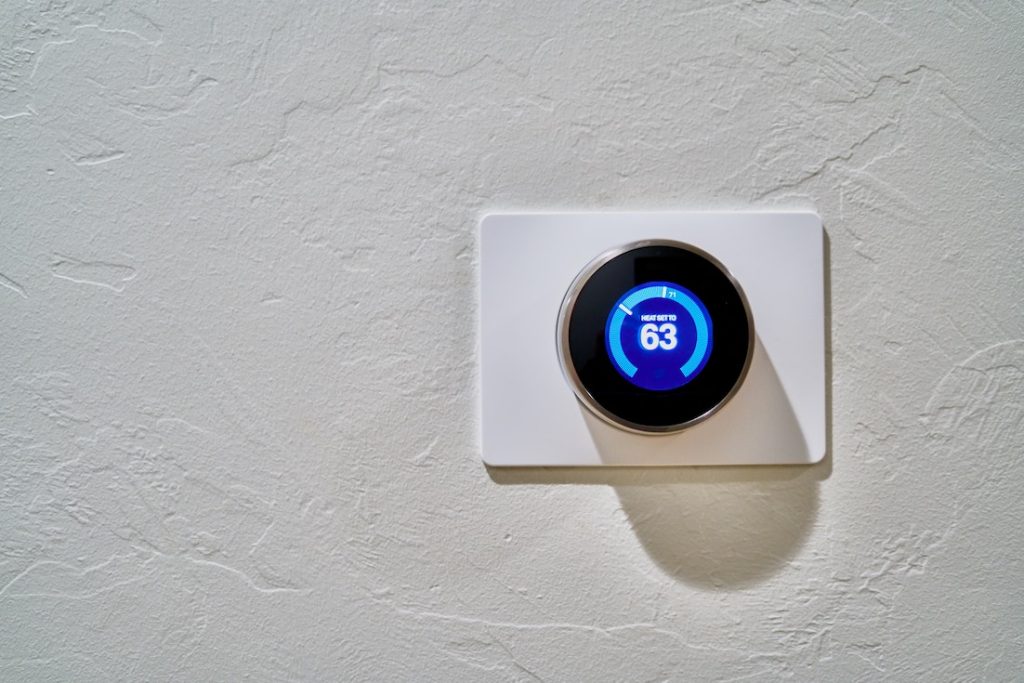Chances are that you’ve already heard of Dave, the personal finance app. However, did you know that there’s a new Dave Banking App? The new tool expands upon what the original app offered by provide a complete online-only banking solution.
What Is The Dave Banking App?
Dave Banking is a mobile bank geared specifically towards millennials, which is obvious from their website design. It implements some of the things that Dave was already known for and adds additional services. For example, you can set up an account with no monthly fees and no overdraft charges.
Dave Banking Benefits
Obviously, people who are concerned about overdraft charges will benefit from utilize this banking option. Here are some of the other benefits:
- You can easily open an account by connecting your Dave banking app to your existing bank account. Alternatively, you can open your own brand new Dave checking account. There is no account minimum. You do not have to pass a credit check.
- Dave has partnered with Credit Pop to offer a free credit-boosting service. The app reports your on-time rent and utility payments to the credit agencies. Therefore, you can improve your credit score by switching to this bank.
- You get a $100 advance free of charge. There is no interest. In other words, if you run out of money, the account will help you without penalty.
- Dave accepts direct deposits from tens of thousands of different employers.
- The account is FDIC-insured. Therefore your money is protected as it would be with any other regular bank.
Budgeting Help and Predictive Account Info
The Dave Banking App offers some key benefits that many other regular banks simply don’t provide. For one thing, the tool gives you automatic budgeting help. You can easily use the app to see what you regularly earn and spend, plan for upcoming big expenses, and get other assistance with keeping to your budget.
Moreover, the app has a built in Artificial Intelligence tools. This helps predict your account balance before your next paycheck. Whenever it looks like you’re at risk of going empty in your bank account, you’ll receive an alert. Of course, you can rely on that $100 no-interest cash advance if you do go empty. But this AI and budgeting information helps you avoid that problem.
Dave Banking App Helps You Find a Side Job
This is another really unique featuring of banking with Dave. After all, when was the last time that your regular bank offered to help you find work? Dave has partnered with gig economy / sharing economy companies to help you find local work whenever you need extra money. You can apply for jobs directly through the Dave Banking App. It’s one of the most unique cutting-edge tools for a mobile bank to offer. And although it’s geared towards millennials, people of all generations can take advantage of earning a side income with a new gig.
Important Things To Know
Here are a few key things you’ll want to know before you choose this tool:
- The Dave Banking App is available on Google Play and in the Apple Store.
- You can tip the app and for every 1% that you tip Dave will plant a tree.
- It costs $1 per month to bank with Dave.
- This is a checking account, not a savings account, so you won’t earn interest on your money.
Read More:
- Paribus App Review: Is It Worth It?
- SAVVI Financial Review: Step-by-Step Financial Planning
- Retirement Planning: A cFIREsim Review
Kathryn Vercillo is a professional writer with more than a decade of experience writing about healthy living and personal finance. She lives in San Francisco, where she has learned to maximize frugal living tips in order to thrive as a freelancer in one of the nation’s most expensive cities. When she’s not writing, she’s exploring the city on foot with her rescue dog. Learn more about her at www.kathrynvercillo.com.
Kathryn also writes about saving money with coupons over at GroceryCouponGuide.com


